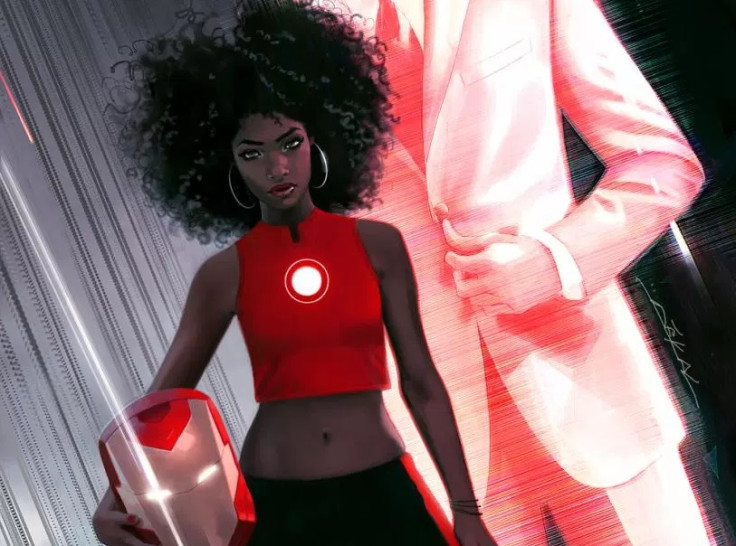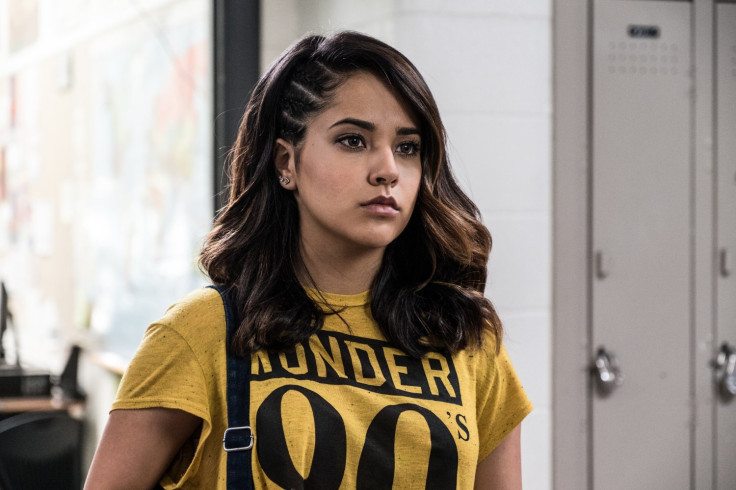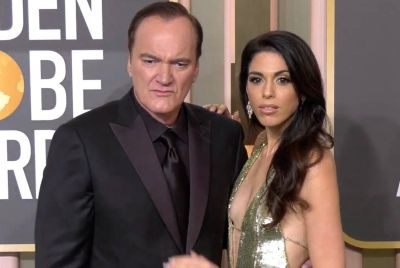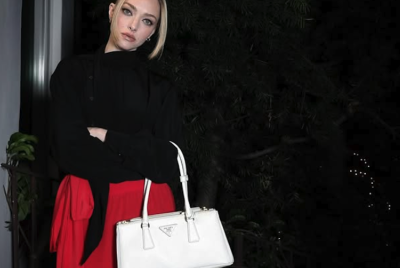Marvel's diversity isn't 'killing sales' - it's the slapdash way such characters are included
President of sales David Gabriel claimed that readers 'turned their noses up' at character reinvention.

Marvel Comics' vice president of sales David Gabriel recently claimed that the outlet's conscious inclusion of more diverse characters is "killing sales."
Talking at the latest Marvel retailer summit on 30 March, he said: "What we heard was that people didn't want any more diversity. That's what we heard, whether we believe that or not. Any character that was diverse, any character that was new, our female characters, anything that was not a core Marvel character... people were turning their nose up."
While there's no denying stone-cold figures – if the company's sales numbers are going down, could it be that Marvel bosses are interpreting the decrease (and the subsequent feedback) inaccurately?
Taking a quick look at Twitter, it appears that most readers' do not actually have a problem with diverse characters, just the lax way in which they are included in the comic books.
Over the past few years, Marvel has introduced a fair number of diverse characters. These include a female Thor, a mixed race Spider-Man (Miles Morales), a Pakistani American (Ms Marvel) and a black female teenager, Riri Williams, who recently adopted the Iron Man mantle. In 2015, X-Men's Iceman also came out as gay.
You don't need to be a hardcore superhero fan to realise all of those characters have something in common; they've all been established within Marvel Comics for decades and dedicated fans feel a little protective over the originals.
We're talking fiction at the end of the day and therefore characters can be subject to change. Seeing as some superheroes have had different alter-egos, it makes sense they might have alternative backgrounds, race or sexuality at some points along the way.
@MayaSokora @Marvel If you want us to celebrate diversity, make NEW, diverse characters. Making them "new" versions makes them copycats.
— Rhiannon Owens (@RhiannonDrewIt) April 4, 2017
@Marvel, If you want diversity, create new characters that represent us minorities. Don't replace the ones we already love. JUST STOP IT!
— Eddy G. Acuna (@Stuffedbigfoot) April 4, 2017
But with so much universe to explore, is it too much to ask that Marvel writers create brand new characters that are 'diverse' and give them the depth and backstories they deserve, rather than throwing them in – attached to and somewhat cushioned by a pre-existing popular superhero – just so they can fulfil diversity quotas?
Some would argue that any representation is better than none, but when the inclusion of a character doesn't feel genuine in terms of ongoing storyline, then that may not be the case. When it comes across as 'token', it doesn't feel like a victory to minorities, more like a cop-out.
A similar argument can apply to the big screen too. In recent months, Disney's Beauty and the Beast and Lionsgate's Power Rangers reboot were lauded for including LGBT characters prior to their respective releases. But when the movies actually came out in cinemas, viewers – and in particular, gay fans – realised that such themes had been massively oversold during promotion.

In the former, the film's 'gay' character LeFou shared a three-second dance with another male character (and looked pretty happy about it), meanwhile, Power Rangers' Trini (Becky G) was [sort of] asked whether she was "having girlfriend problems." A question she doesn't actually answer. Hardly break-the-gay-glass-ceiling moments. In fact, it would be fair to assume that most audience members wouldn't have even registered them.
OK, so they are steps in the right direction... but it's not enough. Especially when it comes to huge companies like Marvel that are in a financial position to take such 'risks' and make a big difference to society. In fairness, it's the movies that make the big bucks for Marvel, but then again films are trickier – they don't usually introduce never-before-seen heroes to the MCU and it would seem out of place if they did. But the comics, they can! We need new female superheroes, new black protagonists and unquestionably LGBT characters. Emphasis on the new. Reinvention doesn't really cut it anymore, it's time for bolder moves.
"Let me be clear, our new heroes are not going anywhere. We are proud and excited to keep introducing unique characters that reflect new voices and new experiences into the Marvel universe," Gabriel concluded at the summit. Let's just hope that they start toying with the idea of creating fresh figures that minorities can identify with too instead of 'softening the blow' by calling them the new Thor or Spider-Man.
© Copyright IBTimes 2025. All rights reserved.






















